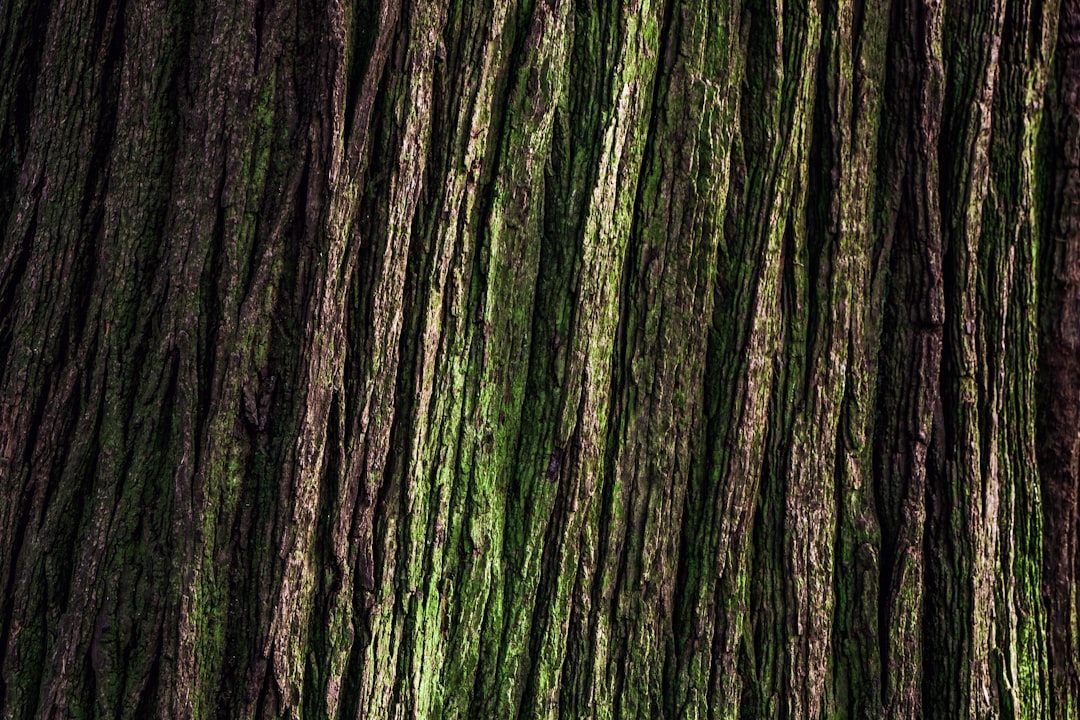What is it about?
We have conducted studies in India's largest coal mines to understand the quality of the ground water associate in and around coal mining areas and also to delineate possible uncontaminated ground water potential zones using analytical network process based on GIS and remote sensing. This study is aimed at exploring/prospecting water in a stressed regime.
Featured Image

Photo by Carlos on Unsplash
Why is it important?
The study seems to be important in view of its geographical location as the study area is part and parcel of India's one of the biggest coal mines and to delineate possible/potential potable uncontaminated ground water zones to the stressed larger section of populated region.
Perspectives
This work published in one of the high quality spatial journal and would definitely showcase our work to similar workers elsewhere and to planners as well so that ultimately people living in these highly populated region would be benefited. On a scientific perspective, GIS and remotes sensing techniques have been used to delineate potential ground water zones. Though these sort of works have been carried out by others elsewhere, such studies are very limited from these areas.
Venkatesh Akella
Indian Institute of Technology (Indian School of Mines) Dhanbad
Read the Original
This page is a summary of: Analytic network process based approach for delineation of groundwater potential zones in Korba district, Central India using remote sensing and GIS, Geocarto International, August 2019, Taylor & Francis,
DOI: 10.1080/10106049.2019.1648566.
You can read the full text:
Contributors
The following have contributed to this page










